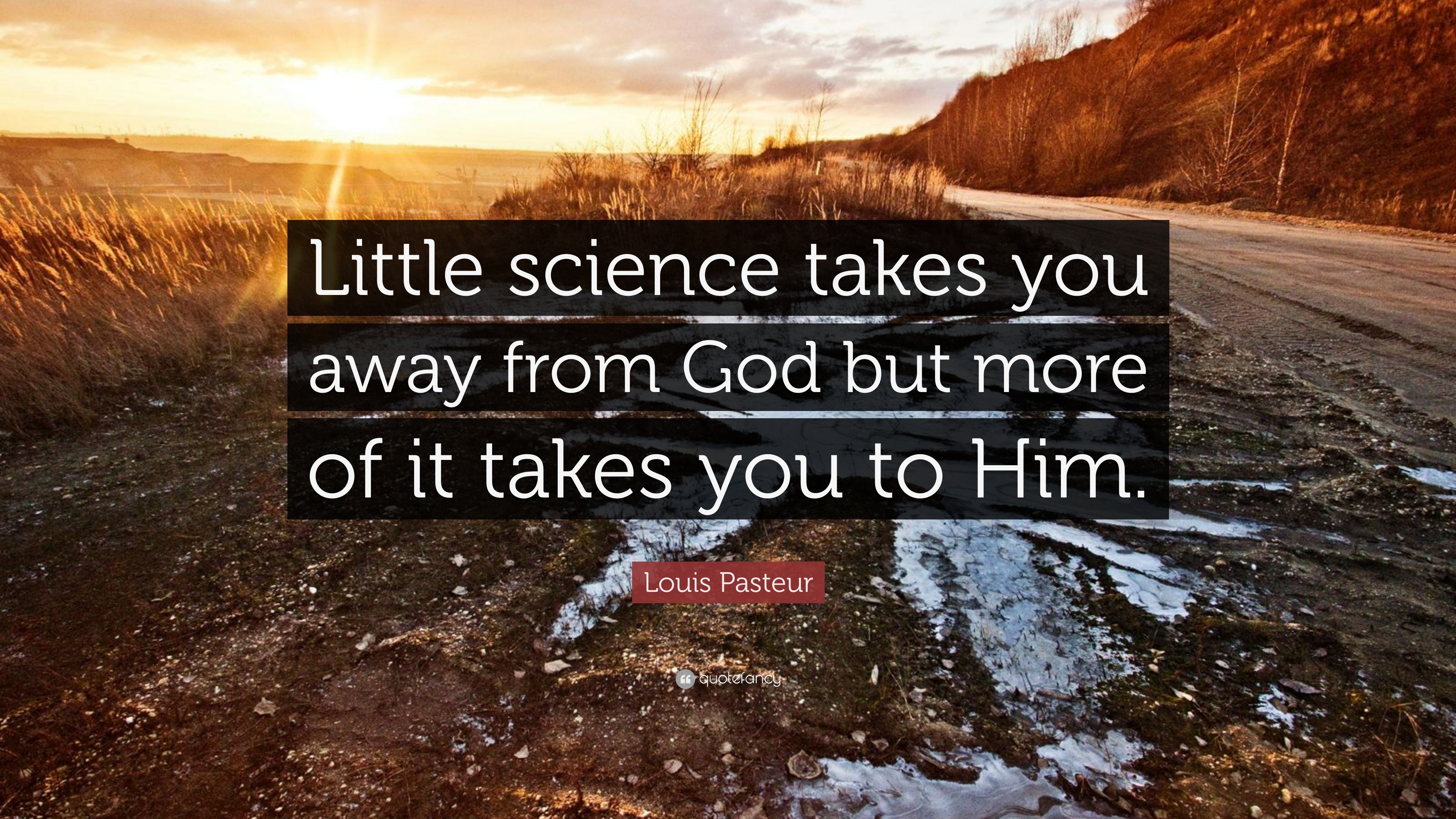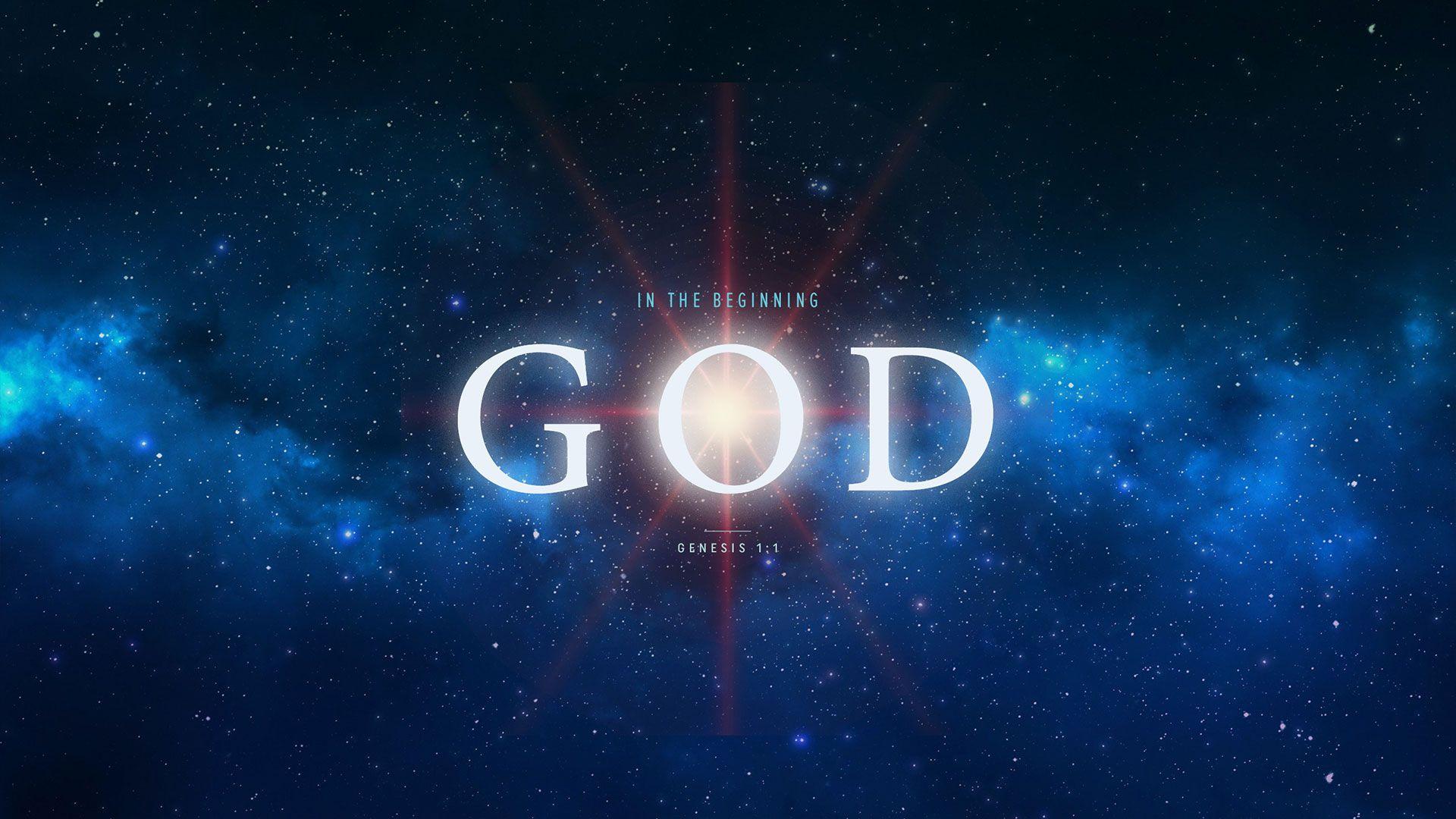Can science explain the presence of god?
Can science explain the presence of god?
The question of whether science can explain the presence of God is a complex and controversial one that has been debated by scholars, scientists, and theologians for centuries. While some argue that science and religion are incompatible, others believe that science can provide evidence for the existence of God.
One of the main arguments for the existence of God is the concept of design, which states that the universe and the complexity of life on Earth are too orderly and intricate to have arisen by chance. Some argue that this order and complexity can only be explained by the existence of a conscious and intelligent designer, often referred to as God.
Another argument for the existence of God is the concept of fine-tuning, which states that the universe has a set of physical constants that are precisely tuned to allow for the existence of life. Some argue that this fine-tuning cannot be explained by chance and that it is evidence for the existence of a creator.
However, it is important to note that these arguments are not accepted by all scientists and are the subject of ongoing scientific research and debate. The scientific method is based on empirical evidence and testable hypotheses, and there is currently no scientific evidence that can conclusively prove or disprove the existence of God.
On the other hand, some argue that science and religion are not mutually exclusive and that they can coexist. They believe that science can help us understand the natural world and the laws that govern it, while religion provides a framework for understanding our place in the world and our relationship with the divine.
Additionally, some scientists and philosophers argue that the concept of God is not a scientific one, and therefore cannot be explained by scientific means. They argue that the concept of God is a matter of faith and belief and that it falls outside the purview of science. They also argue that the existence of God cannot be proven or disproven through scientific evidence, as it is a matter of personal belief and faith.
However, it is also worth noting that there are some scientists and philosophers who argue that science can be used to support certain religious beliefs. For example, some argue that the concept of evolution can be seen as evidence for a divine creator, as it shows that life on Earth has evolved over time in a way that is consistent with certain religious beliefs. Furthermore, some scientists argue that the concept of God, as understood by many religions, is not a supernatural or supernatural being, but rather an explanation of the natural world. They argue that the laws of physics, chemistry, and biology are the work of God and that these laws are sufficient to explain the existence of the universe without the need for a supernatural explanation.
science and religion are incompatible, others argue that science can provide evidence for the existence of God. However, many scientists and philosophers argue that the concept of God is not a scientific one, and therefore cannot be explained by scientific means. It's ultimately a question of personal belief and faith. Additionally, it's important to note that while science can provide evidence and explanations for certain aspects of the natural world, it also has its limitations. Science can not provide answers to certain types of questions that are spiritual, ethical, or philosophical in nature. For example, science can not provide answers to questions about the meaning of life, morality, or the purpose of existence. These are questions that are best addressed by religion, philosophy, and other non-scientific disciplines.
Moreover, it is important to mention that many scientists, philosophers, and theologians have been able to reconcile their scientific and religious beliefs. They see science and religion as complementary ways of understanding the world, rather than mutually exclusive. Science helps us understand the natural world and how it works, while religion helps us understand our place in the world and our relationship with the divine.
Another perspective that can be considered is that of the philosophy of science. Some philosophers argue that science can only provide explanations for natural phenomena and is not capable of explaining the supernatural. They argue that the concept of God, as understood by many religions, is supernatural and therefore cannot be explained by science. This perspective holds that the existence of God is a matter of faith and belief, and not something that can be proven or disproven by scientific evidence.
Additionally, it's worth noting that the question of whether science can explain the presence of God is not just a question of whether science can provide evidence for the existence of God, but also whether science can provide an explanation for the existence of God. While some argue that science can provide evidence for the existence of God, others argue that science can provide an explanation for the existence of God. For example, some argue that the complexity and order of the universe can be explained by the concept of a self-creating universe or a multiverse, which does not require the presence of God.
It's also worth mentioning that the concept of God varies across different religions and belief systems. Different religious traditions have different understandings of God and the nature of the divine. Therefore, the question of whether science can explain the presence of God depends on the specific religious tradition and understanding of God in question.
Another angle to approach this question is through the field of cognitive science, which studies the nature of human beliefs and how they are formed. According to some cognitive scientists, the human mind has a natural tendency to see patterns and meaning in the world, and this can lead to the belief in supernatural entities such as gods. They argue that the human mind is predisposed to believe in gods as a way of making sense of the world and providing explanations for natural phenomena that are difficult to understand. This perspective holds that belief in gods is not necessarily based on evidence or logical reasoning, but rather on cognitive biases that are inherent in the human mind.
Moreover, it is also important to note that the question of whether science can explain the presence of God is not just about the presence of a supernatural being but also about the nature of reality itself. Science is based on the assumption that the natural world can be understood through observation and experimentation and that this understanding is limited to the physical world. On the other hand, many religious traditions propose that there is a reality beyond the physical one, that is supernatural and can not be understood through scientific means.
In conclusion, the question of whether science can explain the presence of God is a complex and multifaceted one that can be approached from different perspectives. Some argue that science can provide evidence for the existence of God, while others argue that the concept of God is not a scientific one and that it cannot be explained by scientific means. Some others argue that belief in God is a natural cognitive bias, while other argue that science and religion are not mutually exclusive and that they can coexist. It ultimately comes down to individual perspectives and personal beliefs, as well as the specific religious tradition and understanding of God in question.






Comments
Post a Comment